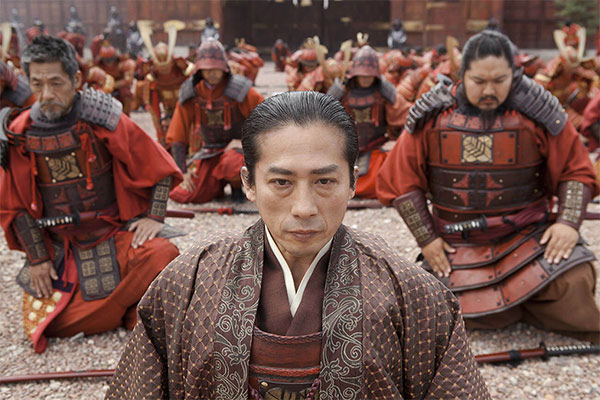Japanese cinema is known for its uniqueness and diversity. Films from Japan cover a wide range of genres, from dramas to science fiction and anime. They captivate audiences with their deep narratives, original concepts, and artistic expressiveness.
One of the most famous Japanese directors is Akira Kurosawa, whose works include masterpieces such as "Seven Samurai," "Rashomon," and "Red Beard." Kurosawa's films explore complex ethical and philosophical concepts, as well as delve into the depths of the human soul.
Another popular Japanese director, Hayao Miyazaki, is known for his magical and distinctive animated films, such as "Spirited Away," "Howl's Moving Castle," and "Whisper of the Heart." Miyazaki's films mesmerize with their beauty and aesthetics, conveying profound emotions and philosophical thoughts.
Japanese cinema is also known for its unique genre movements, such as "yakuza-eiga" (films about yakuza), "kaidan" (horror films), and "jidai-geki" (historical dramas). In each of these genres, Japanese films offer a fresh perspective on traditional concepts and themes, making them tonally rich and captivating.

One example of a Japanese film that became an international sensation is "Sonatine" by director Takeshi Kitano. This film, based on the story of the yakuza, offers a harsh and realistic depiction of life in the criminal underworld. It astounds viewers with its raw energy and deep internal conflicts of the characters.
Japanese films are also known for their skillful use of color. An example of such a film is "The Human Condition" by director Masaki Kobayashi, which tells the story of cruelty and life in the Japanese army during World War II. This film conveys its emotions and messages by constructing the plot exclusively with black and white tones. Visual effects in Japanese films are often used to convey emotions and moods, as well as to create atmosphere and intensify the dramatic effect.
In conclusion, Japanese films represent a unique art form that transports viewers into fascinating and multifaceted worlds. They immerse us in the depths of the human soul, reveal philosophical thoughts, and evoke emotions. Films from Japan are a true art form that continues to impress and inspire many people worldwide. It has its unique history, which began over 100 years ago and continues to this day, and it has a significant influence on global cinema.